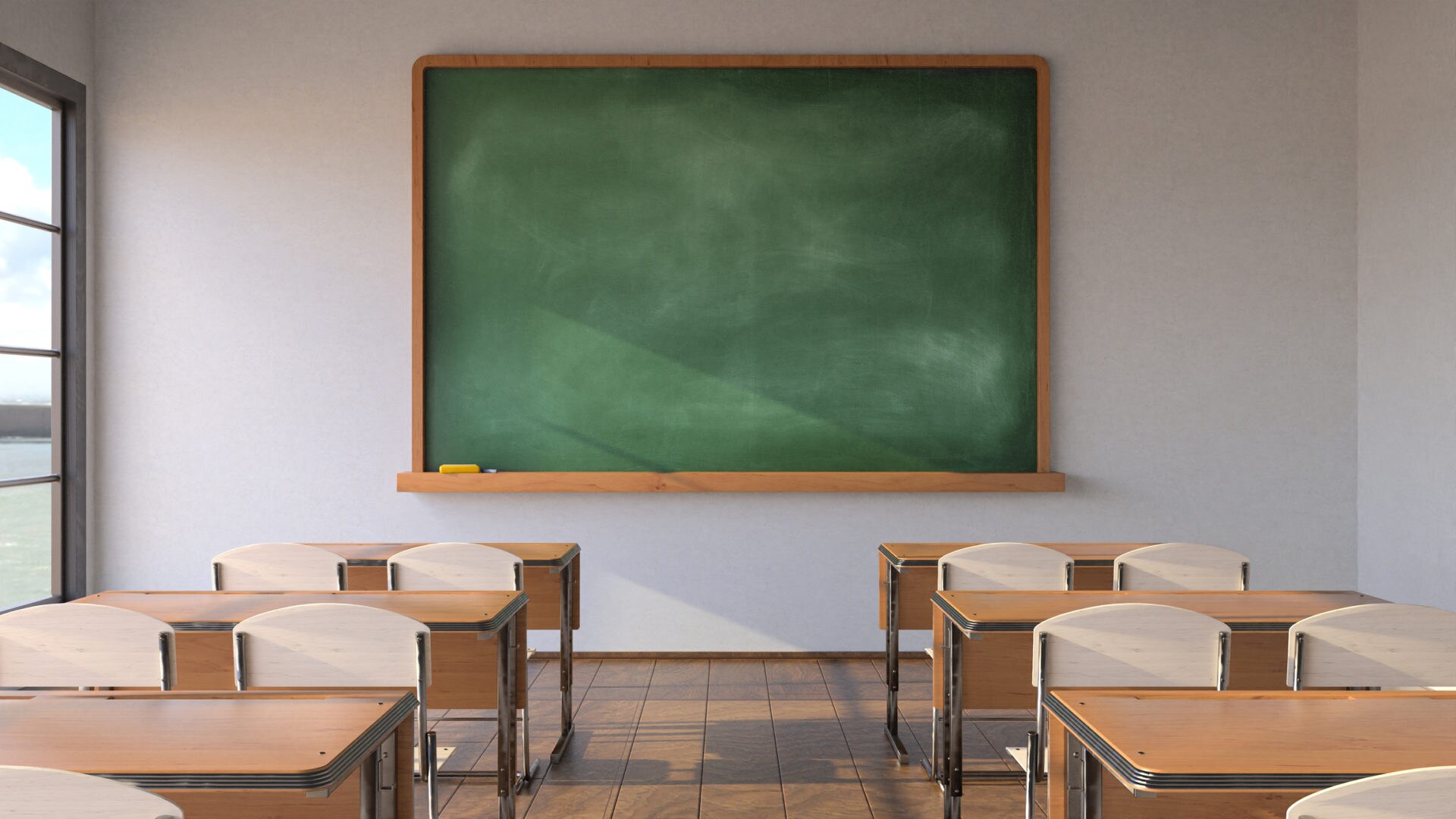The American Academy of Pediatrics (AAP) released a new statement this week on the contentious topic of reopening schools. Formerly, the organization had put forth the opinion that leaders and school officials should make decisions with the goal of “having students physically present in school.” Now, the AAP is walking back that initial June statement and advising everyone to listen carefully to guidance from health experts.
“Returning to school is important for the healthy development and well-being of children, but we must pursue reopening in a way that is safe for all students, teachers and staff,” the AAP says in their latest statement. “Science should drive decision-making on safely reopening schools. Public health agencies must make recommendations based on evidence, not politics.”
The statement was made jointly with the American Federation of Teachers, the National Education Association and the School Superintendents Association. It comes after weeks of back-and-forth between leaders, educators and parents about whether it’s possible to safely reopen schools this fall.
Last week, Secretary of Education Betsy DeVos went on the record with her support of schools reopening. On the Fox News show “America’s Newsroom,” she cited the AAP’s earlier June statement, saying, “They are looking at it as physicians who take care of children on a daily basis and their posture is kids have got to get back in school, they need to be together with their peers, they need to continue learning for their own health and well-being.”
President Trump took things a step further, threatening to cut federal funding for schools that choose not to reopen.
https://twitter.com/realDonaldTrump/status/1281616586273468416?s=20
Despite strong words from DeVos and threats from the president, many schools are still delaying reopening. The two largest school districts in California have announced they will not open for any in-person instruction when classes resume in August. Similarly, public schools in Atlanta will be online only for at least the first nine weeks of classes, and Nashville public schools will be remote until Labor Day. Other districts, like those in Dallas and Philadelphia, are planning a hybrid of remote and in-person learning.
A slight majority of people seem to support decisions to delay reopening. A recent poll by Politico and Morning Consult finds 53% of respondents are somewhat or strongly opposed to fully reopening day cares and K-12 schools. Additionally, 65% of respondents don’t support the decision to cut funding for schools that remain closed.
The U.S. continues to lead the world in confirmed cases of COVID-19. At the time of this writing, the U.S. has over 3,400,000 cases, and there have been close to 137,000 deaths, according to Johns Hopkins University. If schools reopen, the fear is not only that kids may be at risk of contracting the virus, but that their teachers and other family members will face a higher risk as well. A report by the Kaiser Family Foundation finds that nearly 1.5 million teachers are at greater risk of severe illness if they contract COVID-19.
The latest AAP statement cautions that “schools in areas with high levels of COVID-19 community spread should not be compelled to reopen against the judgment of local experts.” The organization also calls on elected officials to “provide the federal resources needed to ensure that inadequate funding does not stand in the way of safely educating and caring for children in our schools.”
On Twitter, the updated guidance sparked strong reactions. Many were glad the AAP took a stronger stance than the position they put forward in June.
“Schools are not safe for teachers, students and staff,” one person writes. “We don’t want to die or become heroes. We are afraid, updating life insurance and definitely keeping our own children safe at home this fall. We need powerful voices to speak for us.”
Others criticized the AAP for not sticking with their previous statement. “You’ve basically endorsed schools staying closed if public officials decide it’s a good thing,” one person writes. “Instead, you should have stood your ground, within your area of expertise, and endorsed families making their own choices.”
School closures are hard on families for many reasons. School eliminates the need for full-day child care for working parents. It also provides valuable opportunities for socialization for kids, and many children rely on school lunch and other programs to make sure they reliably have meals. A lot of parents need schools to reopen, but that doesn’t necessarily mean it’s safe for all schools to do so. The latest AAP statement is putting the onus on state and local leaders to address these issues and support parents and educators, rather than forcing teachers and students back into the classroom before it is truly safe.
“The pandemic has reminded so many what we have long understood: that educators are invaluable in children’s lives and that attending school in person offers children a wide array of health and educational benefits,” the AAP writes. “For our country to truly value children, elected leaders must come together to appropriately support schools in safely returning students to the classroom and reopening schools.”






